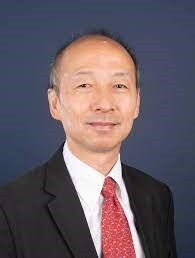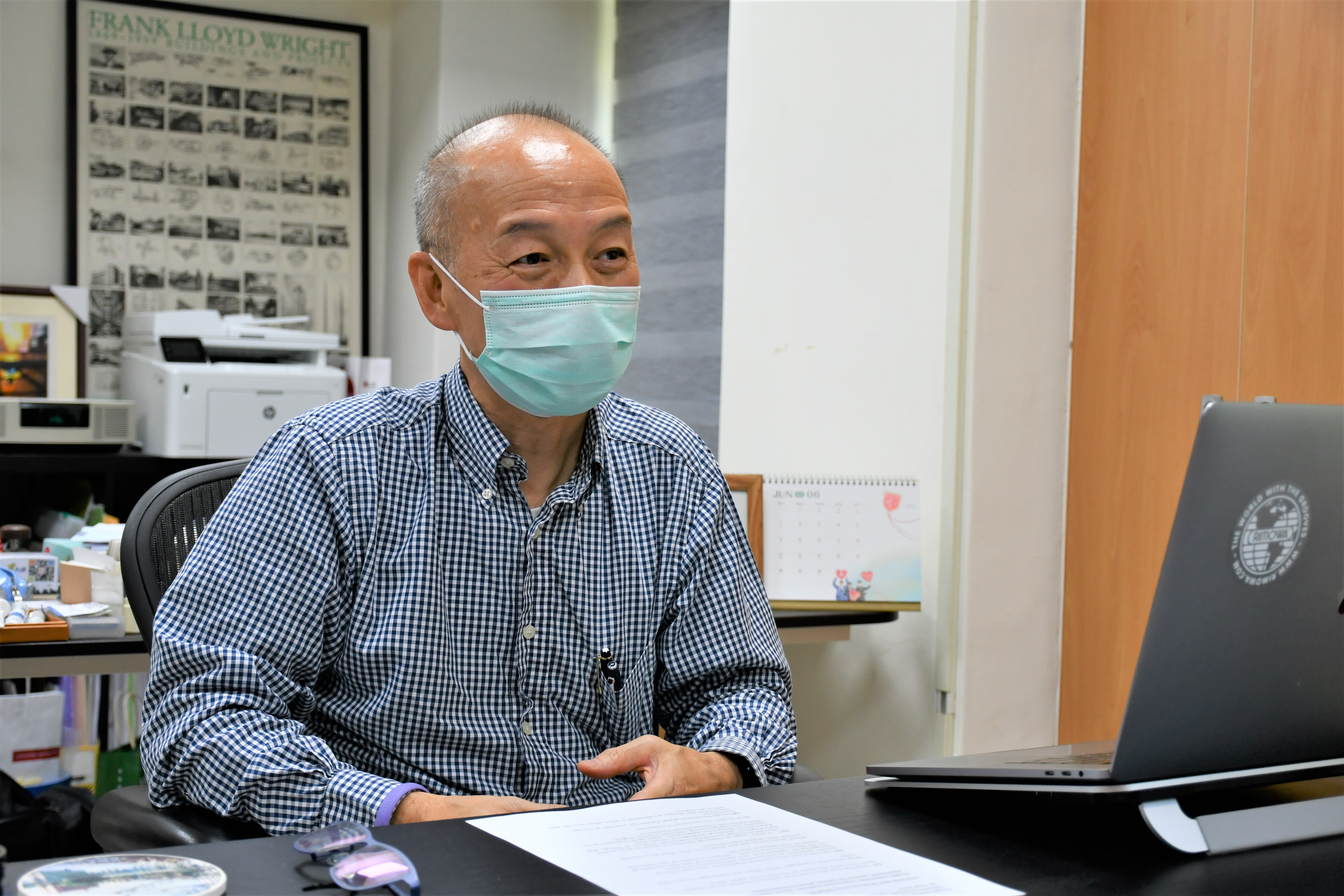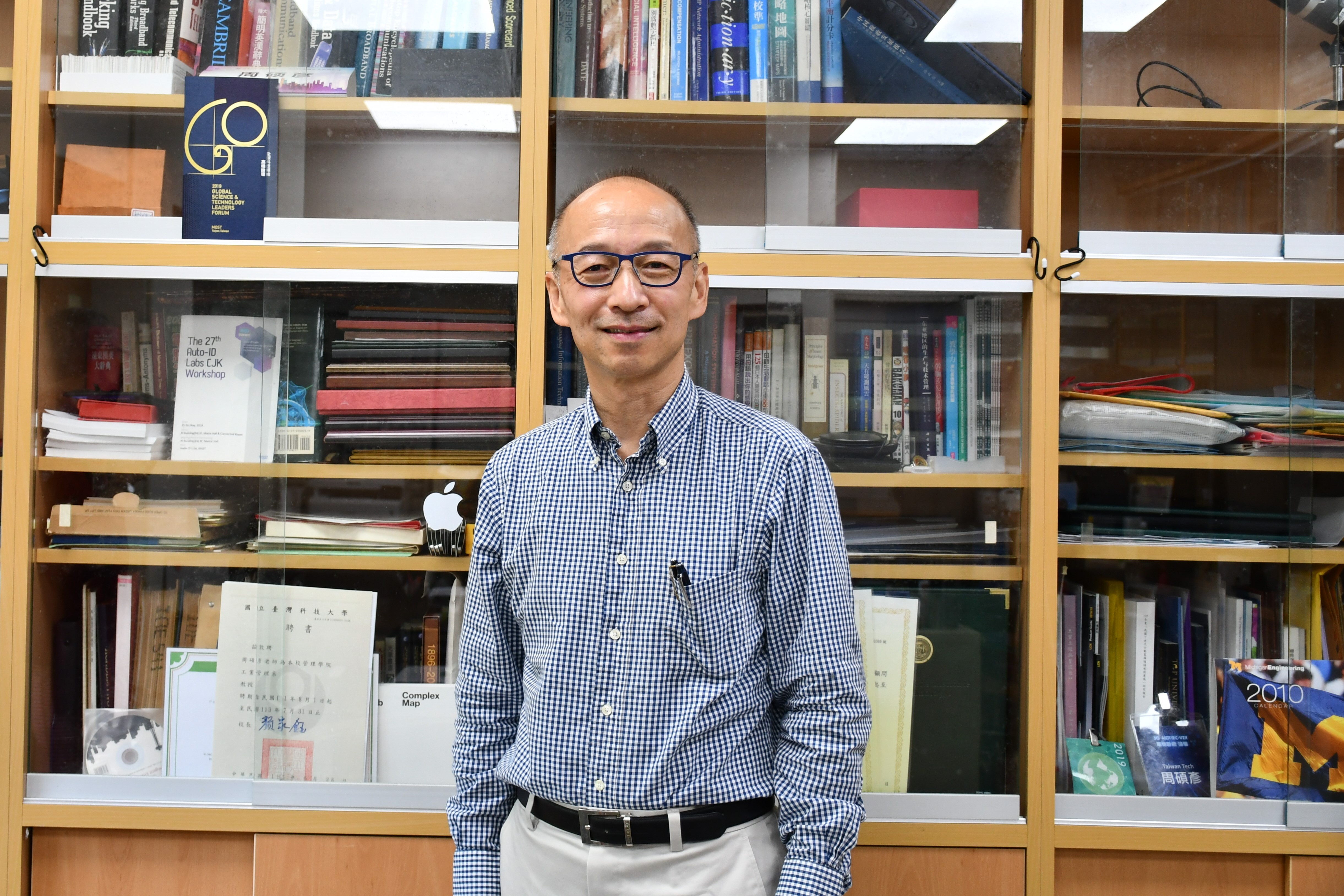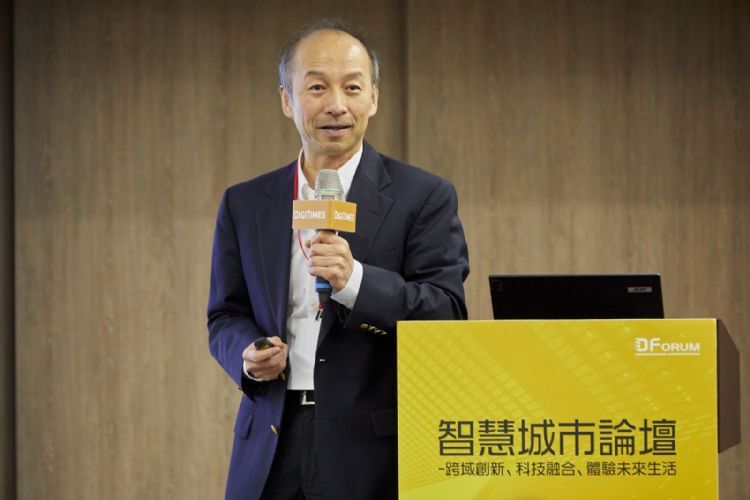World-class IoT-researcher Professor Shuo-Yan Chou, Department of Industrial Management

“My mission was to make Taiwan Tech more competitive globally.”
Professor Shuo-Yan Chou, Department of Industrial Management, is a world-renowned scholar whose research interests range from IoT, Data Analytics, AI, Blockchain Applications, Smart City Applications, to Computational Geometry to name just a few.
He has led major domestic and international research projects, published extensively in leading journals, and was frequently invited to give international keynotes. In recent years, he has also served as an advisor for several governmental bodies, and as a member of the Board of Associations for FinTech, Clean Energy and Digital Cultural Content. Shuo-Yan Chou is a dedicated educator who has garnered prizes for his teaching and supervision of students.
You are a prolific scholar with a long list of research interests. What are you currently focusing on in your research?
In the beginning of my career, I was very interested in Computational Geometry, but this field did not link with the research environment at my department, and it was difficult to find students who shared this interest. Eventually, I moved away from the technical side, and got more involved in technology-enabled innovation, and in the question of how technology-based services should be designed to benefit society. With the evolution of the Internet of Things, a wide range of applications has opened up. I am working in the field of Smart City research which is actually an umbrella term, covering fields like disaster prevention, law enforcement, transportation, energy, business and so on. I am particularly interested in sustainability issues within the scope of smart applications.
 You are the Director of the Taiwan Tech Center for Internet of Things Innovation, a research center that was established in 2011 when the IoT was still in its infancy.
You are the Director of the Taiwan Tech Center for Internet of Things Innovation, a research center that was established in 2011 when the IoT was still in its infancy.
How would you describe the center’s development?
The development of our IoT Innovation Centre has followed the overall development of the field right from the beginning. At first, research was revolving around hardware technology. There was a need for better and cheaper sensors, communication and other modules, as cost-effectiveness would always be the key to commercially viable applications. So, likewise the IOT center at Taiwan Tech was mainly antenna and chip oriented. At that time, I was the only key member who did not have an electrical engineering background. Advances in the semiconductor research led to important improvements in technology and cost, and eventually we entered a phase of research that was dealing with a vast amount of data obtained from IoT-integrated systems. And that opened up many new possibilities.In recent years, I have seen many interesting IOT applications beyond industrial monitoring, for example, in smart agriculture. Countries like Israel, the Netherlands, but also Singapore, are leading the field. Their aim is to tackle the problem of food security by ensuring an efficient use of resources with IoT technology. To further expand the use of IoT, today’s key question is how to design sustainable services. In the end, that boils down to the question “Who’s gonna pay for it?”.
For myself and for Taiwan Tech, the IOT Innovation Centre has offered a chance to build up a strong network of international cooperation. For 13 years, our CJKT network (Fudan University, China; Keio University, Japan; KAIST, Kore; NTUST, Taiwan) has held meetings twice a year to exchange our latest research results. This cooperation has been extremely fruitful, and it definitely helped to increase Taiwan Tech’s international reputation.
Looking back at the history of internationalization at Taiwan Tech - You were Dean of the Office of International Affairs from 2009 to 2011. What were the challenges back then as compared to now?
 When I was asked to take over the position as Dean, the OIA has just been established, and we were still at the very beginning of our internationalization efforts. There were no specific goals, and generally not much interest in this topic. But I had already accumulated quite a bit of international experience at that time, and I felt strongly that, under the then higher education environment in Taiwan, internationalization was the only way to increase our global competitiveness.
When I was asked to take over the position as Dean, the OIA has just been established, and we were still at the very beginning of our internationalization efforts. There were no specific goals, and generally not much interest in this topic. But I had already accumulated quite a bit of international experience at that time, and I felt strongly that, under the then higher education environment in Taiwan, internationalization was the only way to increase our global competitiveness.
The Department of Chemical Engineering was the frontrunner. It started recruiting students from Indonesia in 2010 who turned out to be high-performers. That gave us confidence that we are capable of raising international students’ academic proficiency. I also managed to set up our first Dual Degree Program with a small university in Belgium (which was later merged into Catholic University of Leuven).
Today, the quantity and quality of international students at Taiwan Tech has plateaued at a high level. We now have to direct our efforts to attracting excellent students of more diverse origins. I think that we are becoming attractive for students from Europe or the US, as we capitalize on Taiwan’s international reputation in the semiconductor industry. A diverse student body is conducive to building excellent research teams with a global perspective.
You garnered many prizes for your teaching and supervision of student projects. How do you see your role as a university teacher?
I always tell my students “Learning is your responsibility, I will not teach you contents”. They can discuss their projects with me, I will offer my opinion, but then they have to make independent decisions. Nonetheless, there are two general things that I am deeming as very essential to their future careers: First, English communication skills are crucial. English is not just an optional second language, but an essential skill. We have many highly-skilled engineers in Taiwan, who are not able to communicate internationally, which undoubtfully constrains their opportunities and development. So, in my labs, I am making a point of creating a truly integrative international atmosphere where only English is used for communication.And second, students have to brush up their computing skills. Whatever field they will be focusing on, digitalization is the way of the future. There is no way to escape this development.
 Finally, looking at your CV, it is hard to believe that you have to do with 24 hours just like everybody else. What are you enjoying in your free time?
Finally, looking at your CV, it is hard to believe that you have to do with 24 hours just like everybody else. What are you enjoying in your free time?
I guess that I am very efficient in my time management. Before the outbreak of the pandemic, I was travelling extensively, my record was 32 trips abroad in one year. I also stayed as a visiting professor in many universities in the world. I have learnt to work when I am on my way or during short breaks. But I am also finding time to play basketball with the university colleagues every Thursdays, and tennis with my wife on Sunday afternoons. Also, I am joining her to go to concerts quite often - so, in spite of being work-focused, I still have a life!
Picture: © Digitimes, Taiwan 2019




